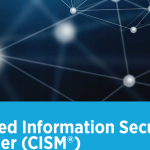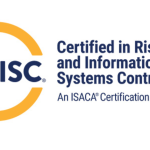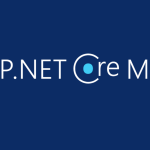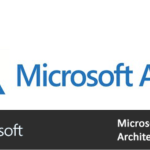Overview
Enroll in a 5-day VMware vSphere: Optimize and Scale [V7] training course from Koenig Solutions accredited by VMware. This course is designed to learn a detailed overview of configuring and optimizing the VMware vSphere® 7.0 features to make a robust scalable infrastructure.
Through a blend of hands-on labs and interactive lectures, you will learn advanced skills to configure and maintain a highly available and scalable virtual infrastructure.
Target Audience:
This training course is recommended for :
- Experienced system administrators
- System engineers
- System integrators
Benefits
- Configure and manage vSphere networking and storage for a large and sophisticated enterprise
- Use VMware vSphere Client to manage certificates
- Use Identity Federation to configure VMware vCenter Server to use Microsoft ADFS
- Use VMware vSphere Trust Authority to secure the infrastructure for encrypted VMs
- Use host profiles to manage VMware ESXi host compliance
- Create and manage a content library for deploying virtual machines
- Manage VM resource usage with resource pools
- Monitor & analyze key performance indicators for computing, storage, and networking resources for ESXi hosts
- Optimize the performance of ESXi and VMware vCenter Server
- Discuss the purpose and capabilities of VMware vSphere with Kubernetes and how it fits into the Vmware Tanzu portfolio
The Main Topic of the Course
- Module 1: Course Introduction
- Module 2: Network Scalability
- Module 3: Storage Scalability
- Module 4: Host and Management Scalability
- Module 5: CPU Optimization
- Module 6: Memory Optimization
- Module 7: Storage Optimization
- Module 8: Network Optimization
- Module 9: vCenter Server Performance Optimization
Exam requirements
This training course qualifies trainees with technical information to pass the exam
but VMWARE requires to attend official training in an authorized training center to take the exam
LAB Requirement
It is required to have LAB in this course
Course Outlines and Training Plan
Module 1:
- Introductions and course logistics
- Course objectives
Module 2:
- Configure and manage vSphere distributed switches
- Describe how VMware vSphere Network I/O Control enhances performance
- Describe how VMware vSphere Network I/O Control enhances performance
Module 3:
- Explain why VMware vSphere VMFS is a high-performance, scalable file system
- Explain VMware vSphere Storage APIs – Array Integration, VMware vSphere API for Storage Awareness™, and vSphere APIs for I/O filtering
- Configure and assign virtual machine storage policies
- Create VMware vSAN™ storage policies
- Recognize components of the VMware vSphere® Virtual Volumes™ architecture
- Configure VMware vSphere® Storage DRS™ and VMware vSphere® Storage I/O Control
Module 4:
- Use the vSphere Client to manage vSphere certificates
- Describe identity federation and recognize its use cases
- Configure identity federation to allow vCenter Server to use an external identity provider
- Describe the benefits and use cases of vSphere Trust Authority
- Configure vSphere Trust Authority
- Use host profiles to manage ESXi configuration compliance
- Create a local content library and subscribe to a published content library
- Deploy VMs from a content library
- Create and manage resource pools in a cluster
- Describe how scalable shares work
Module 5:
- Explain the CPU scheduler operation and other features that affect CPU performance
- Explain NUMA and vNUMA support
- Use esxtop to monitor key CPU performance metrics
Module 6:
- Explain ballooning, memory compression, transparent page sharing, and host-swapping techniques for memory reclamation when memory is overcommitted
- Use esxtop to monitor key memory performance metrics
Module 7:
- Describe storage queue types and other factors that affect storage performance
- Discuss vSphere support for NVMe and iSER technologies
- Use esxtop to monitor key storage performance metrics
Module 8:
- Explain performance features of network adapters
- Explain the performance features of vSphere networking
- Use esxtop to monitor key network performance metrics
Module 9:
- Describe the factors that influence vCenter Server performance
- Use VMware vCenter® Server Appliance™ tools to monitor resource use






